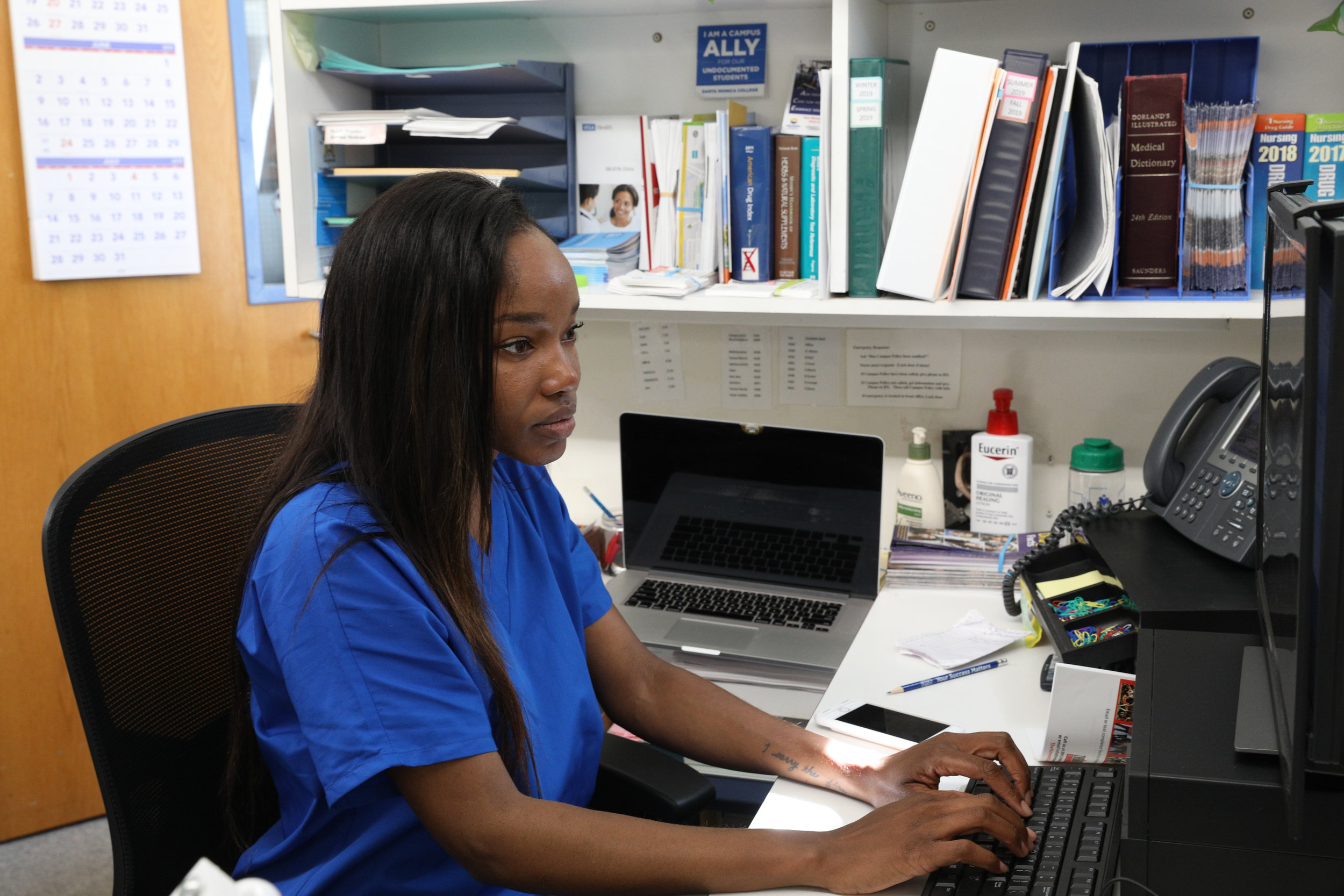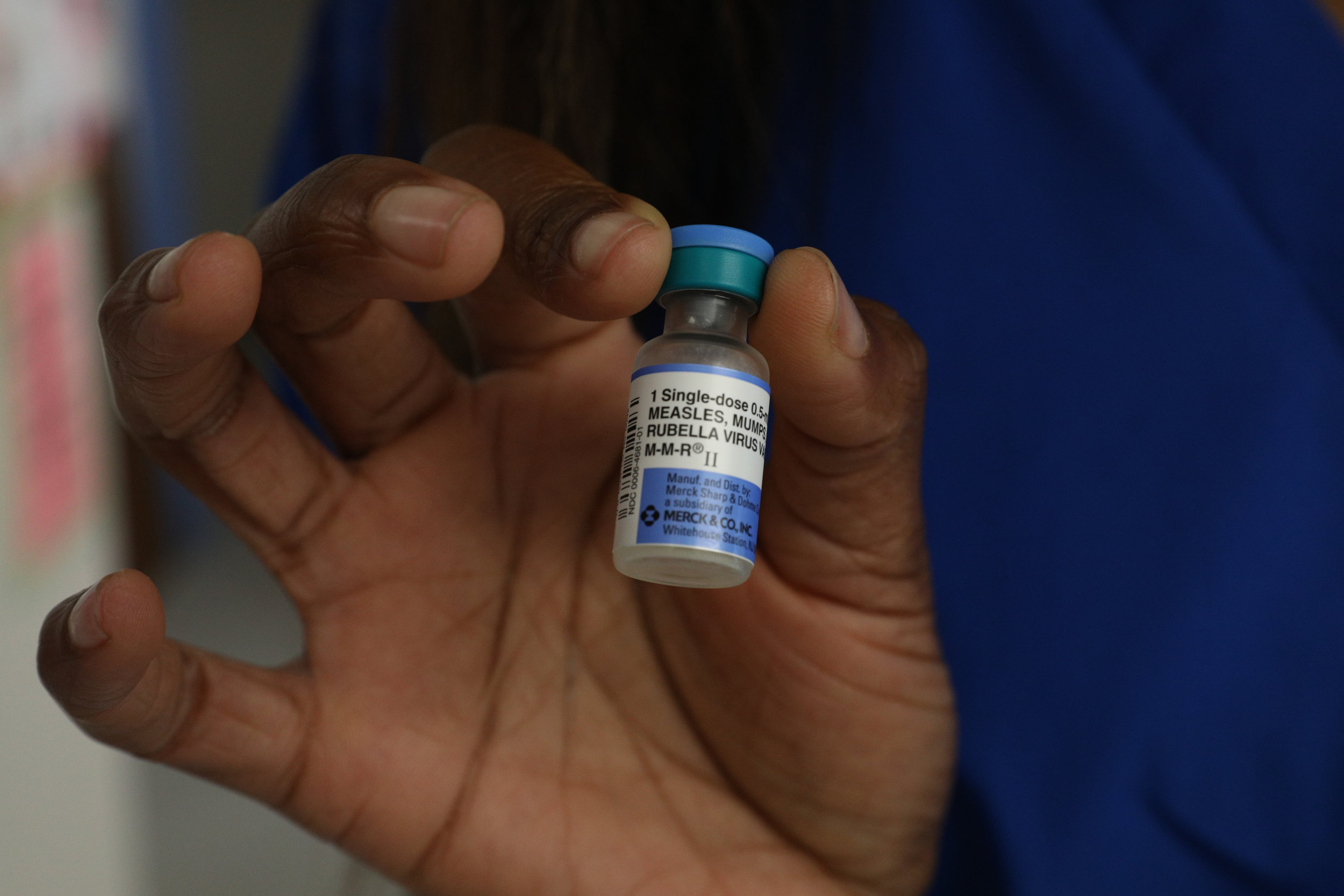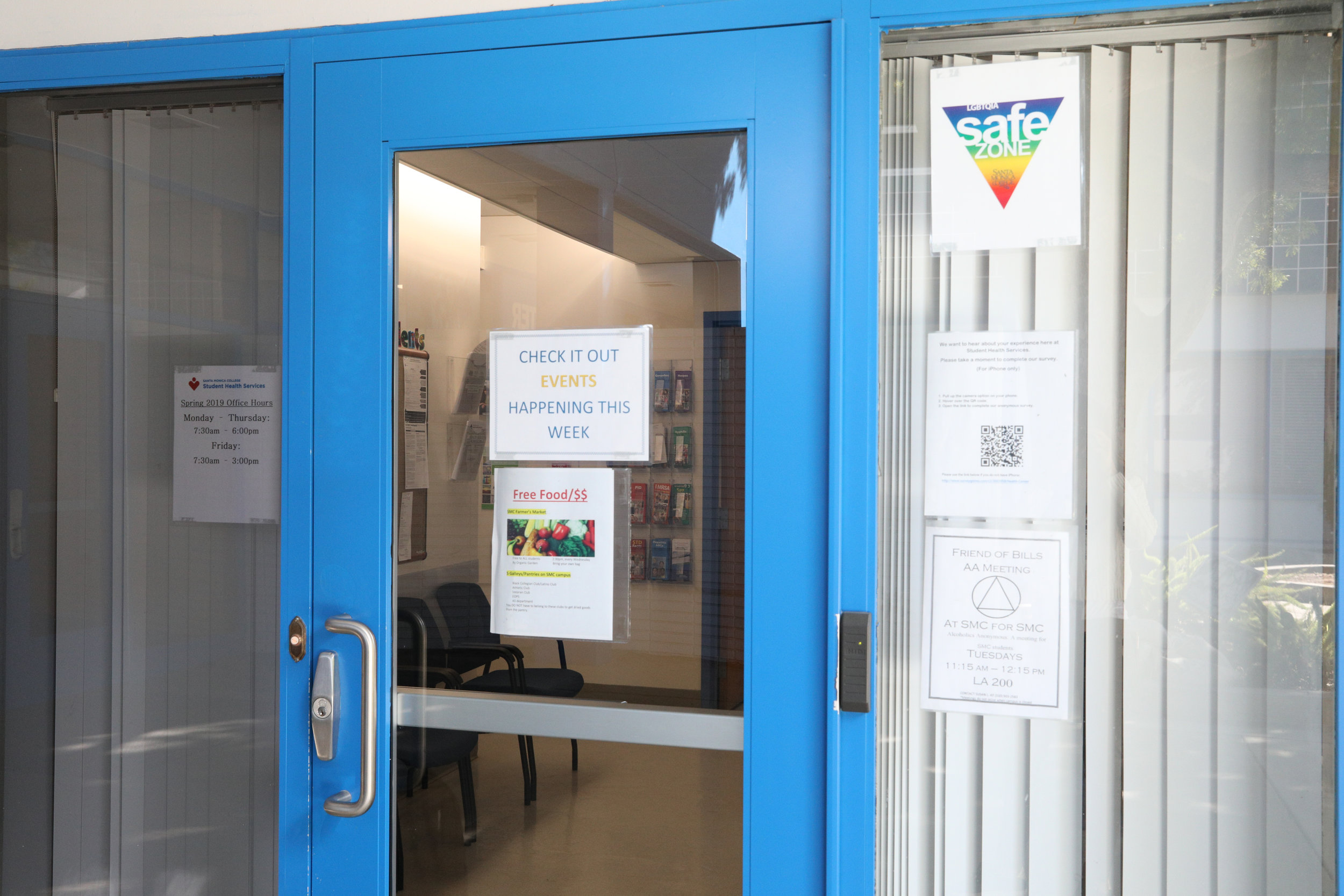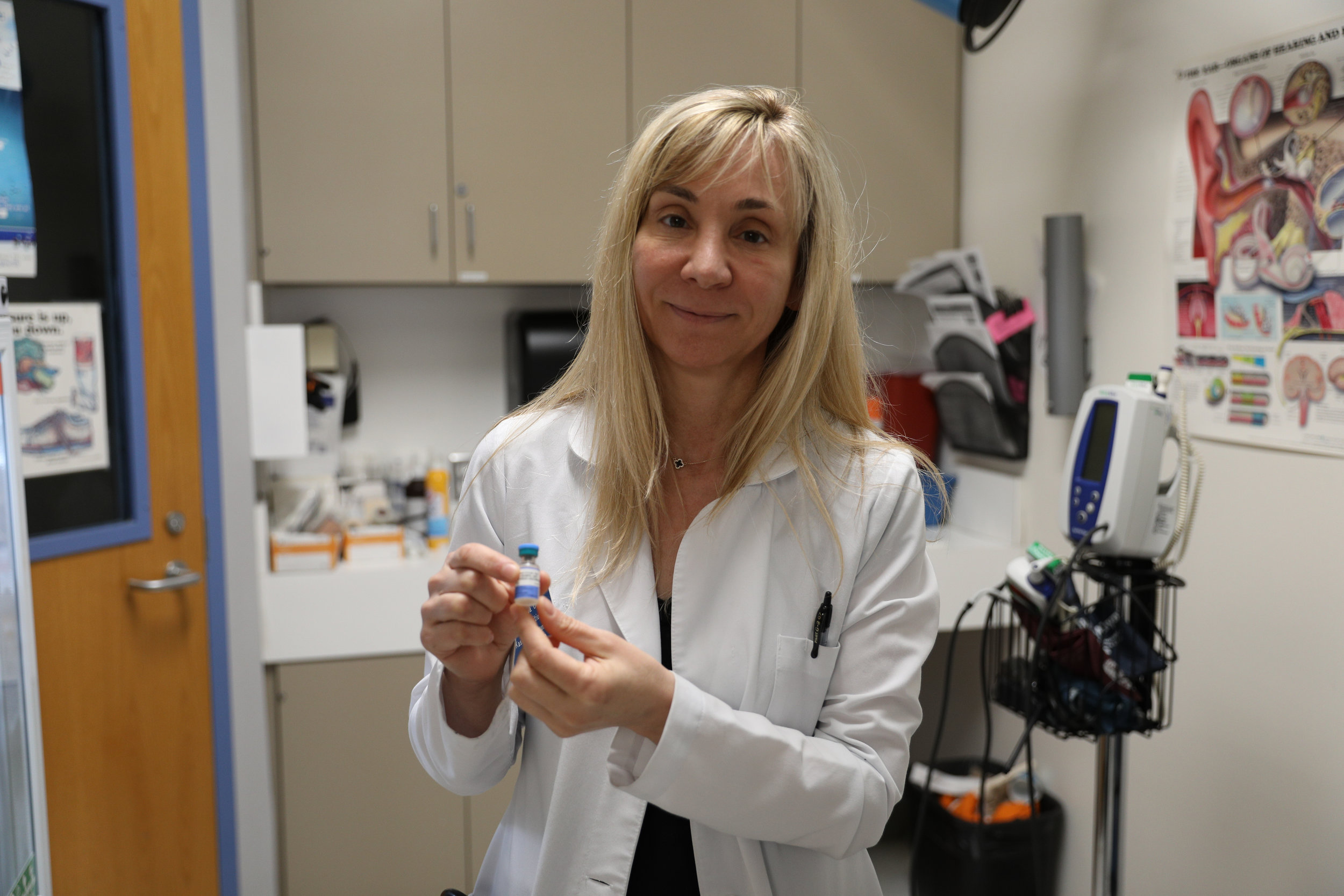SMC Offers Measles Vaccination
There have been 47 confirmed cases of measles in California so far this year, according to the California Department of Public Health. As the number of measles outbreaks around the state grows, the Santa Monica College (SMC) Student Health Services Center fights against the disease by administering the measles vaccine.
Kasiani Gountoumas, a nurse at the center, administers the vaccine to students. “The best way of preventing an outbreak is immunization,” says Gountoumas.
Historically, the measles virus has posed a very serious threat as deadly epidemics have ravaged societies throughout the world. Individuals who came into contact with this virus would become greatly ill in a matter of days. According to the World Health Organization, measles killed approximately 2.6 million annually, until the vaccination became readily available in 1963. With the help of technology and with medical advances made throughout the years, the virus was put under containment and declared eliminated in the United States in the year 2000.
But recent outbreaks of the disease indicate that measles has made its comeback. The Centers for Disease Control and Prevention report that there have been 940 cases reported so far in 2019 that span 26 states, which is up from 372 cases reported over the entire year of 2018. The sudden jump in measles has lead to concern among citizens, and has brought new attention to the vaccination debate.
The Student Health Services Center offers a Measles, Mumps, and Rubella vaccination to students. The vaccine is delivered in a series of two injections, one month apart, to students with an SMC identification card.
SMC student James Cobrick said, “I think vaccinations are important and while you can’t force parents to vaccinate their children, you can try to inform them about the harms they put their child in and society. I am pretty sure with the measles making a comeback; it has opened the eyes of many parents to vaccinate their children. It has a nasty rash that no one ever would want to see their loved ones go through.”
When asked whether it is important to vaccinate oneself or children, Pedro Caño, who has been attending SMC for two semesters, replied, “I think vaccinations are really important in society. They are made with a purpose to fight against a virus that poses a threat, it is not to harm individuals or implant something bad into their bodies, rather it is for the benefit of humans. Scientists along with doctors come up with [it], so obviously we need it for health purposes.”
The symptoms of measles may be as common as any other flu, ranging from high fevers to a runny nose to a cough. A trademark of this virus is the developing rash that begins to spread once the individual has been contaminated. Susan Fila, Director of Health and Wellbeing at SMC, expressed just how contagious the virus is—capable of spreading in two hours after an infected individual has left the parameter. If exposed to this virus, depending on the individual, Measles can spend up to 21 days developing after the initial exposure.
Gountoumas explains that the majority of students receiving the vaccine have traditionally been international students who don’t have a record of immunization, but that she has been giving more immunizations to domestic students due to the recent rise of outbreaks.
“Students who aren’t sure they’ve had the vaccines, we highly recommend them to do it because there is no harm if they do an extra booster or two,” Gountoumas said.
To learn more about receiving a Measles, Mumps, and Rubella vaccination, visit the Student Health Services Center at the Northeast corner of the Cayton Center Complex.




